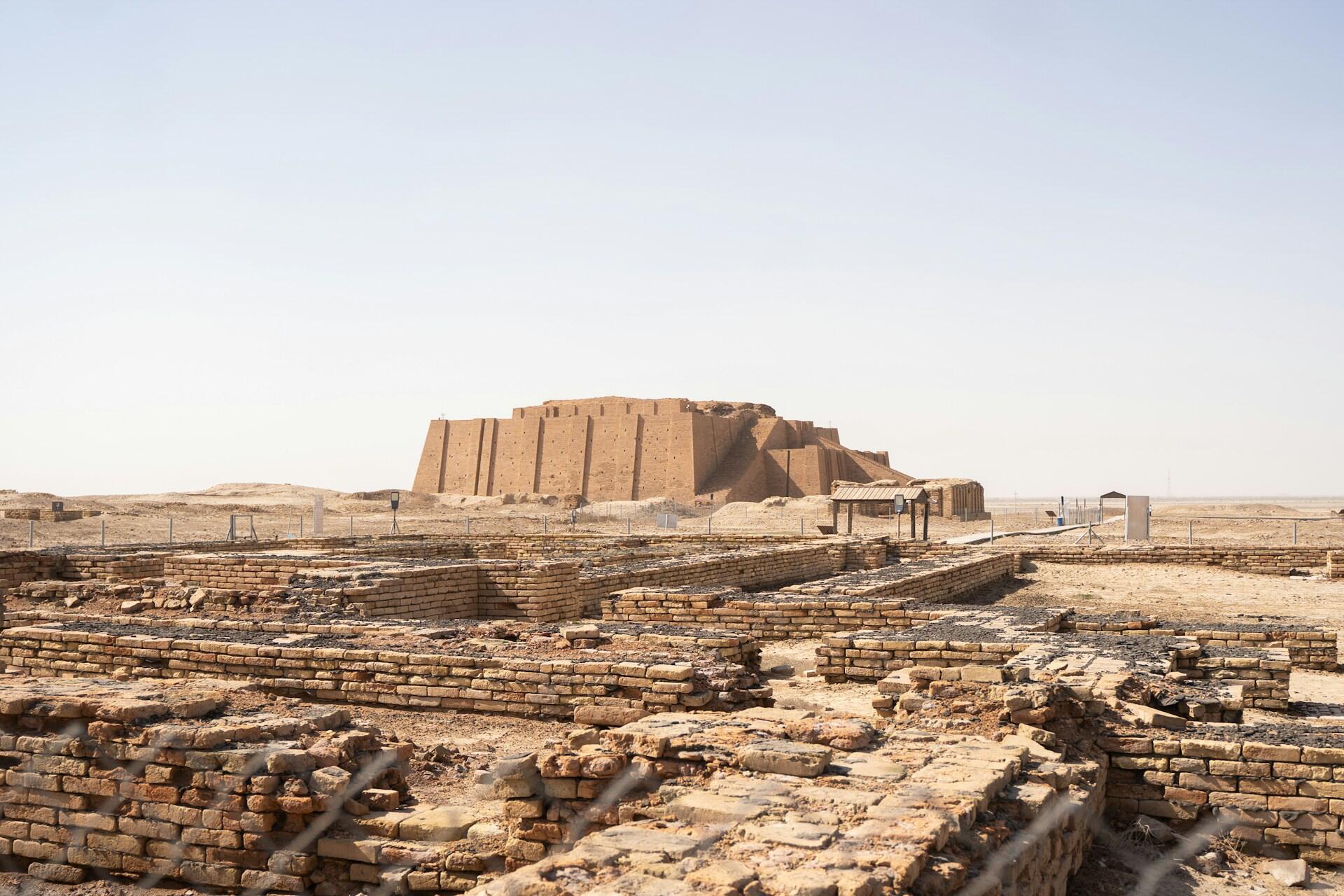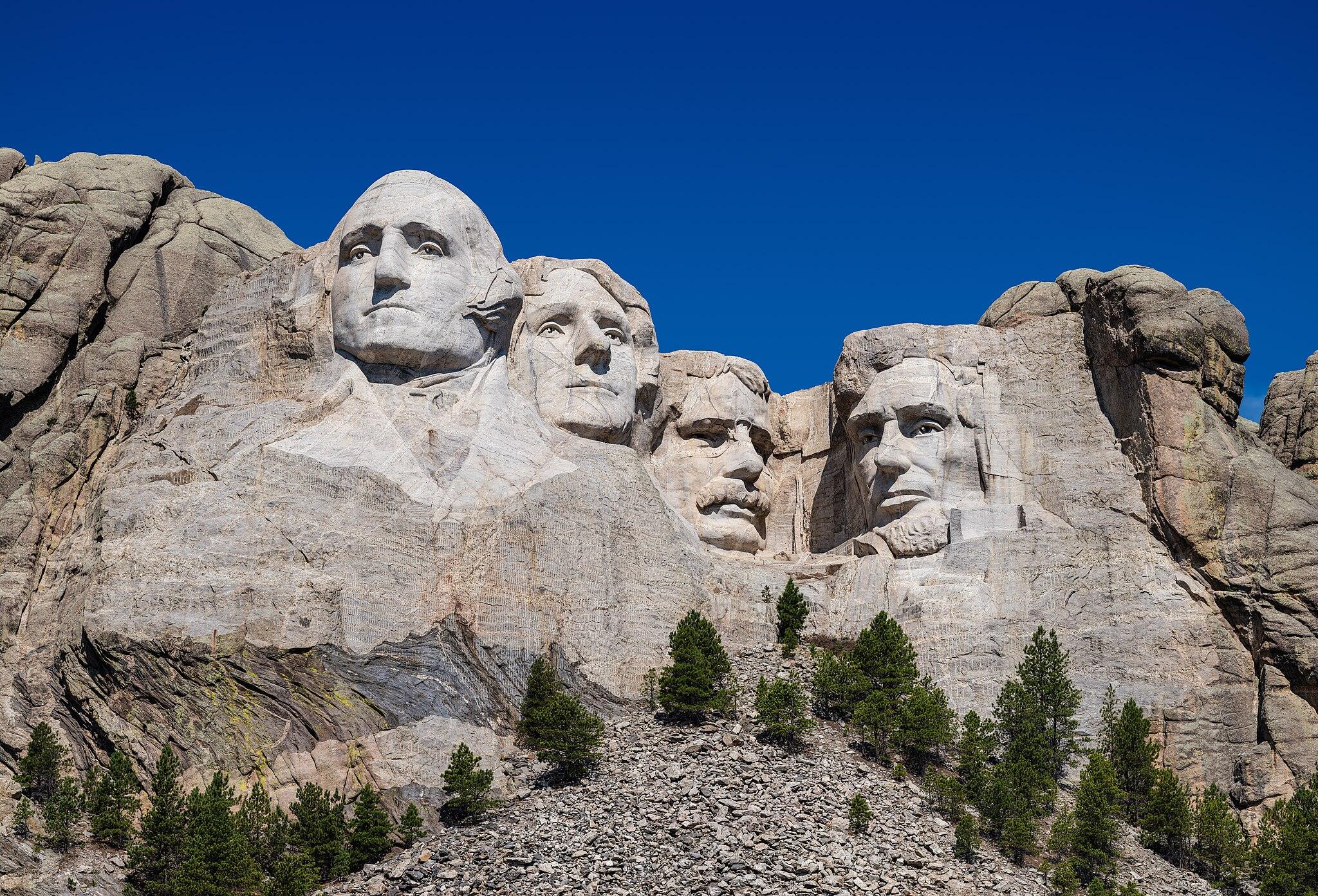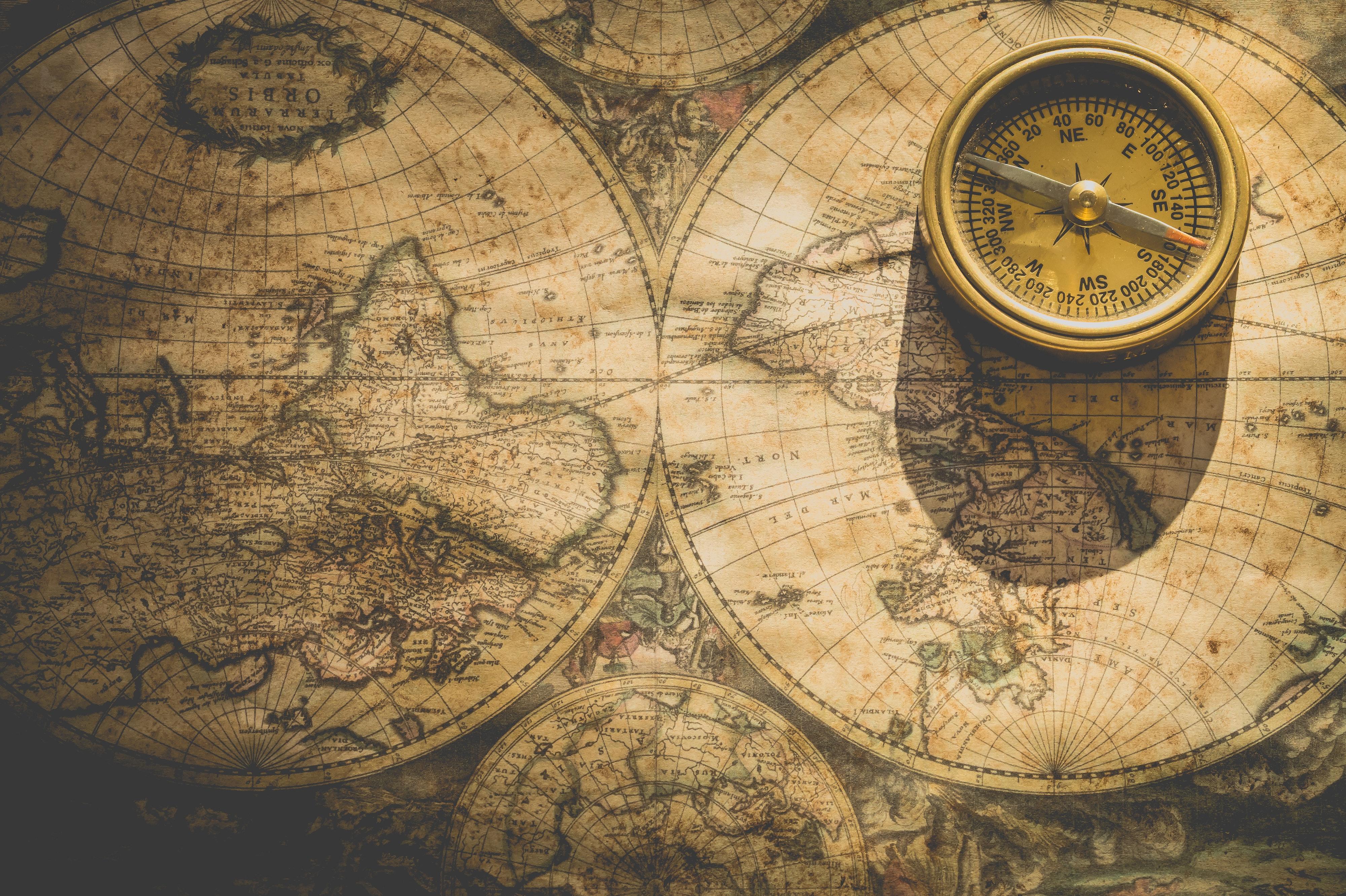Have you ever wondered how vast your knowledge is of the great civilisations that shaped human history? From the majestic pyramids of Egypt to the astounding precision of the Mayan calendars, ancient civilisations left us an immense legacy that still fascinates us today.
This quiz will test your memory and curiosity: Do you know who built the Great Wall of China or which culture pioneered the concept of zero? Venture through these questions and find out how much you really know about the past.
Be prepared to be challenged and, in the end, find out your level of historical wisdom. Are you ready for the journey? ✈️
Quiz
Quiz :
Why Study Ancient Civilisations?
The study of ancient civilisations offers us a window into the past, revealing how societies evolved, created political structures, developed technologies and left legacies that endure to this day. Beyond satisfying our curiosity, analysing ancient cultures helps us understand the roots of many of the practices, beliefs and customs that remain today. By looking to the past, we can find answers to questions about our identity and our relationship with the world.
Ancient civilisations were pioneers in areas such as writing, architecture, astronomy and medicine. Studying these civilisations also allows us to learn from their mistakes. The fall of empires such as the Roman or Mayan empires shows us how overexploitation of resources, political instability or climate change can contribute to the decline of a society. This retrospective look can serve as a warning for current and future generations.
The Most Important Civilisations and Their Legacy
Some civilisations stand out for their lasting contributions and influence on history. Some of the most important ones are listed below:
Ancient Egypt
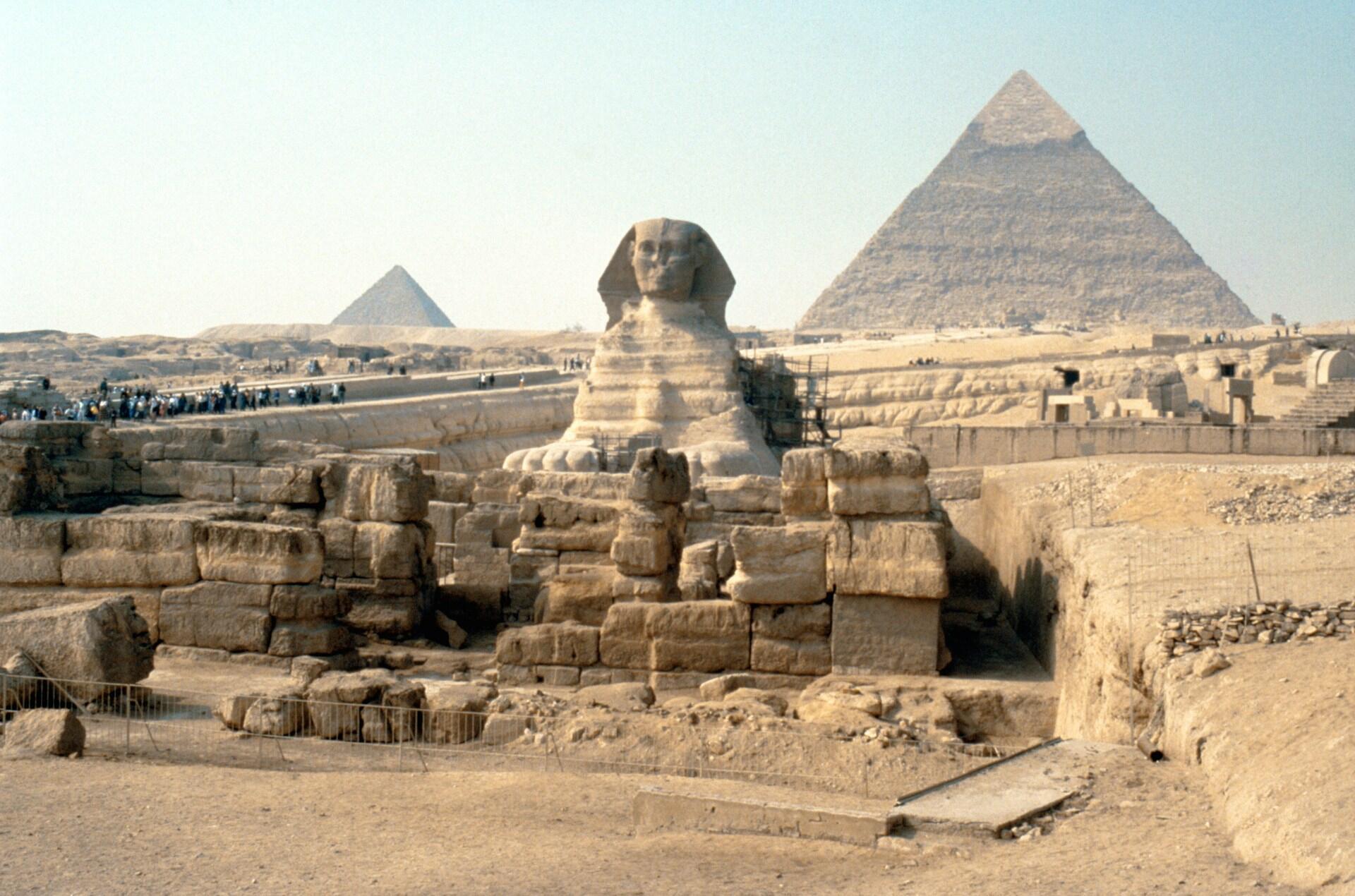
Ancient Greece
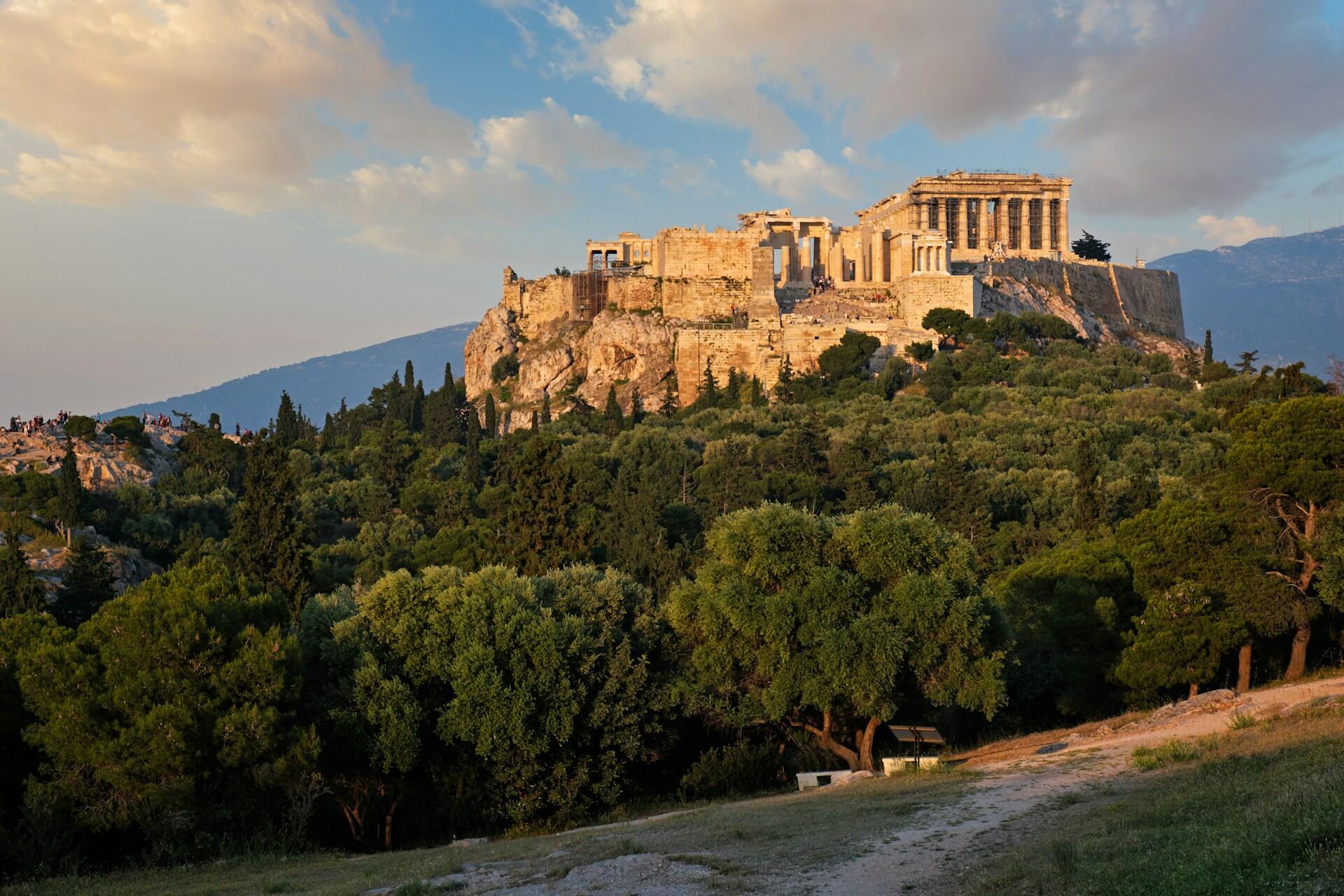
Mayan Civilisation
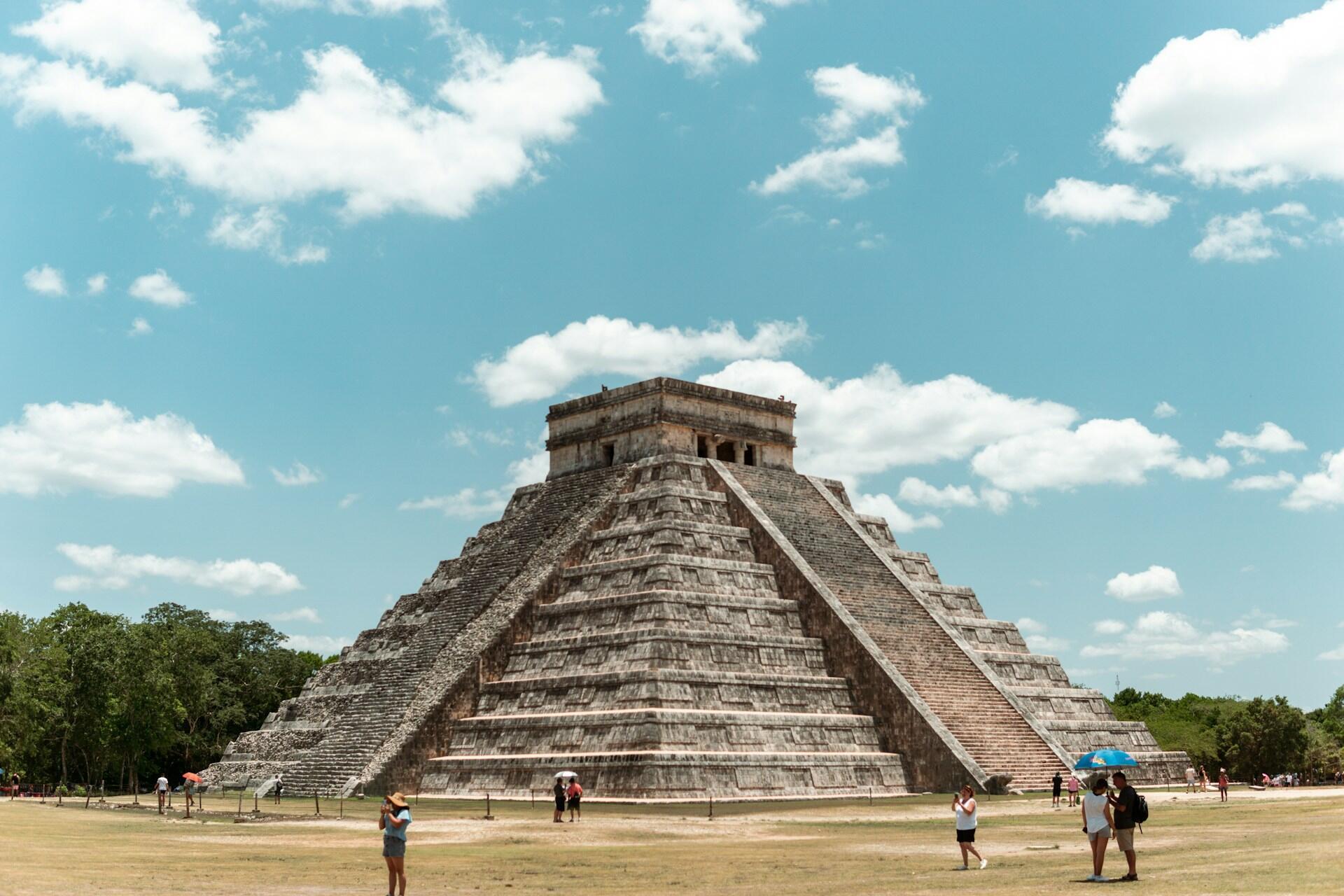
Chinese Civilisation
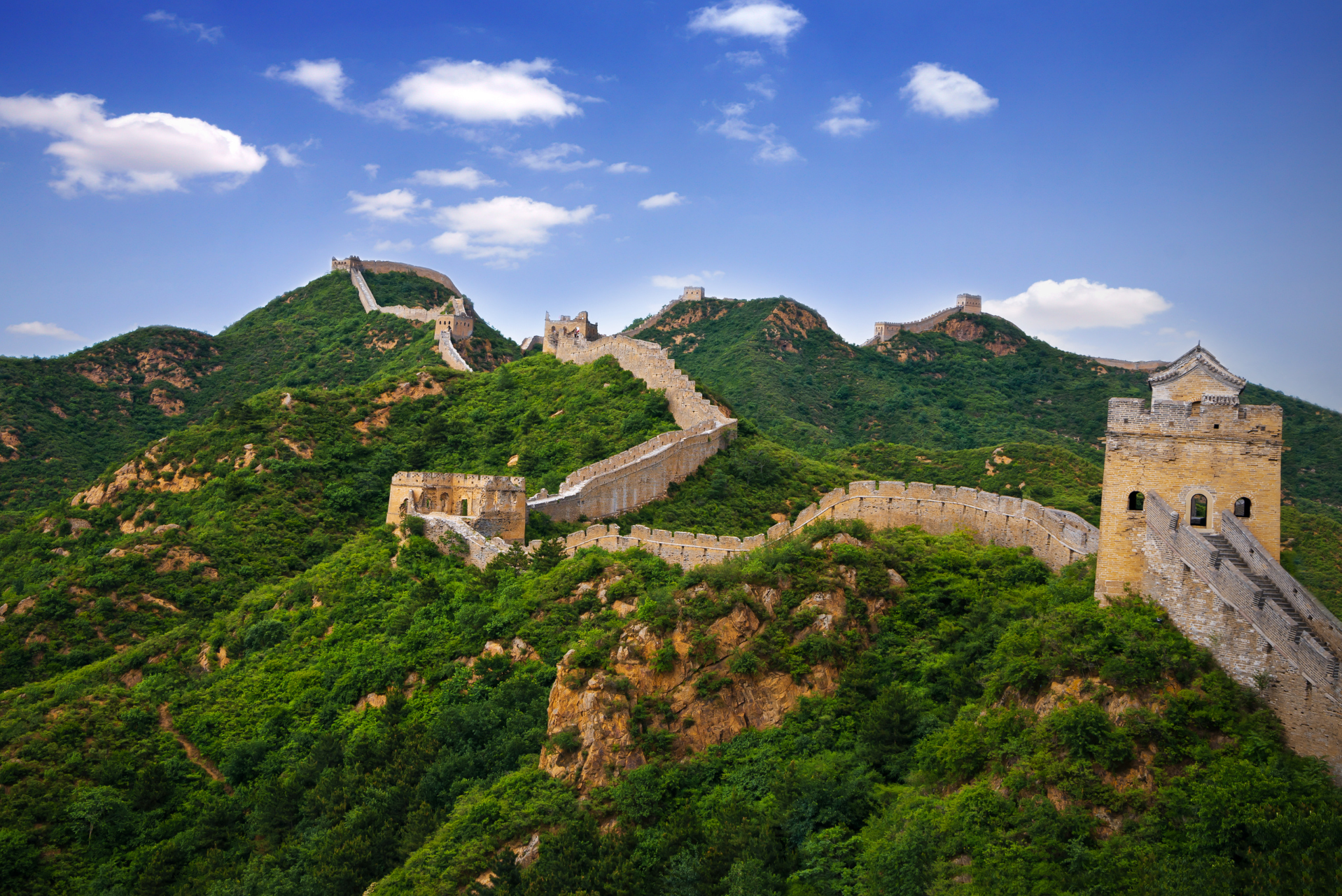
Mesopotamia
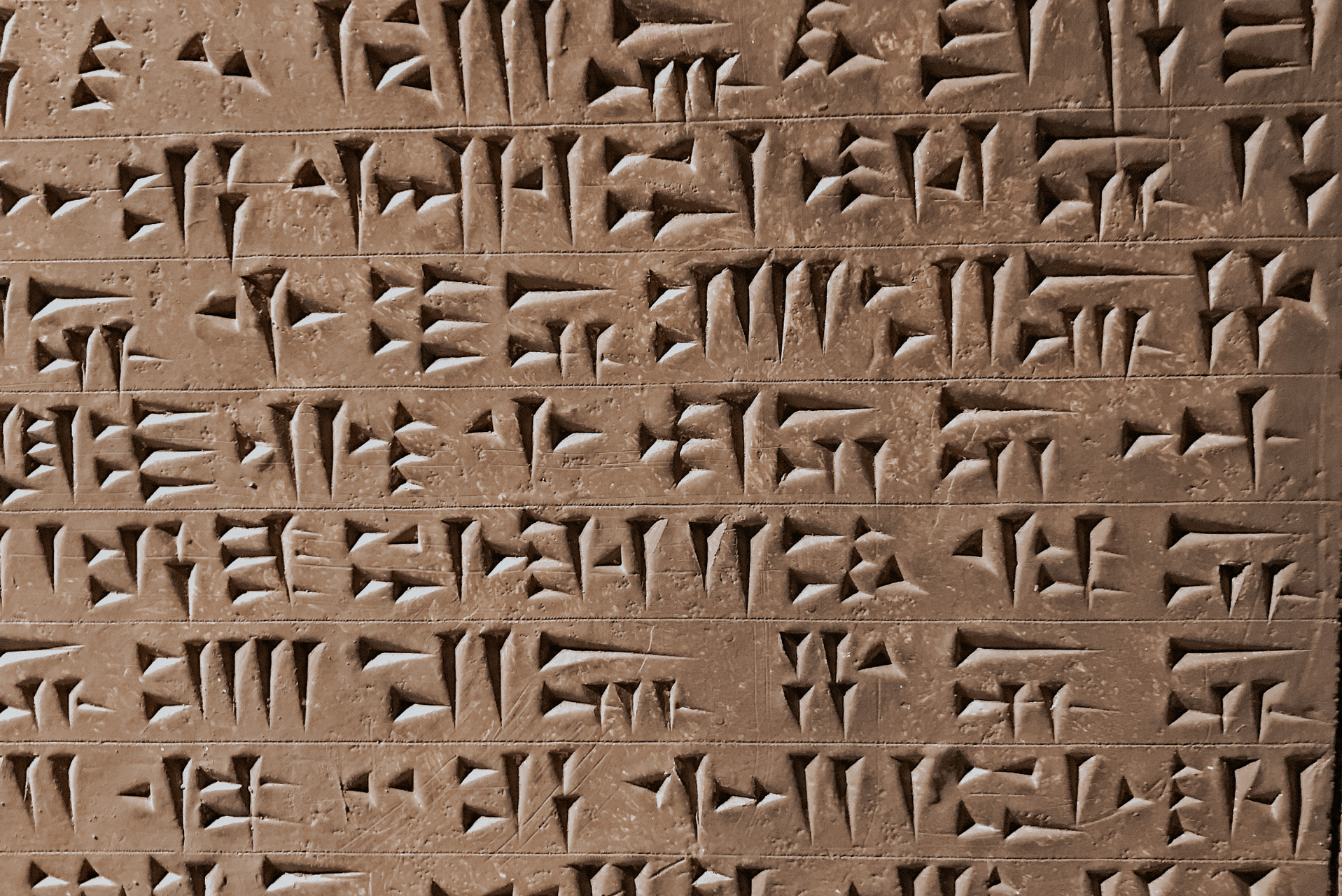
Roman Empire
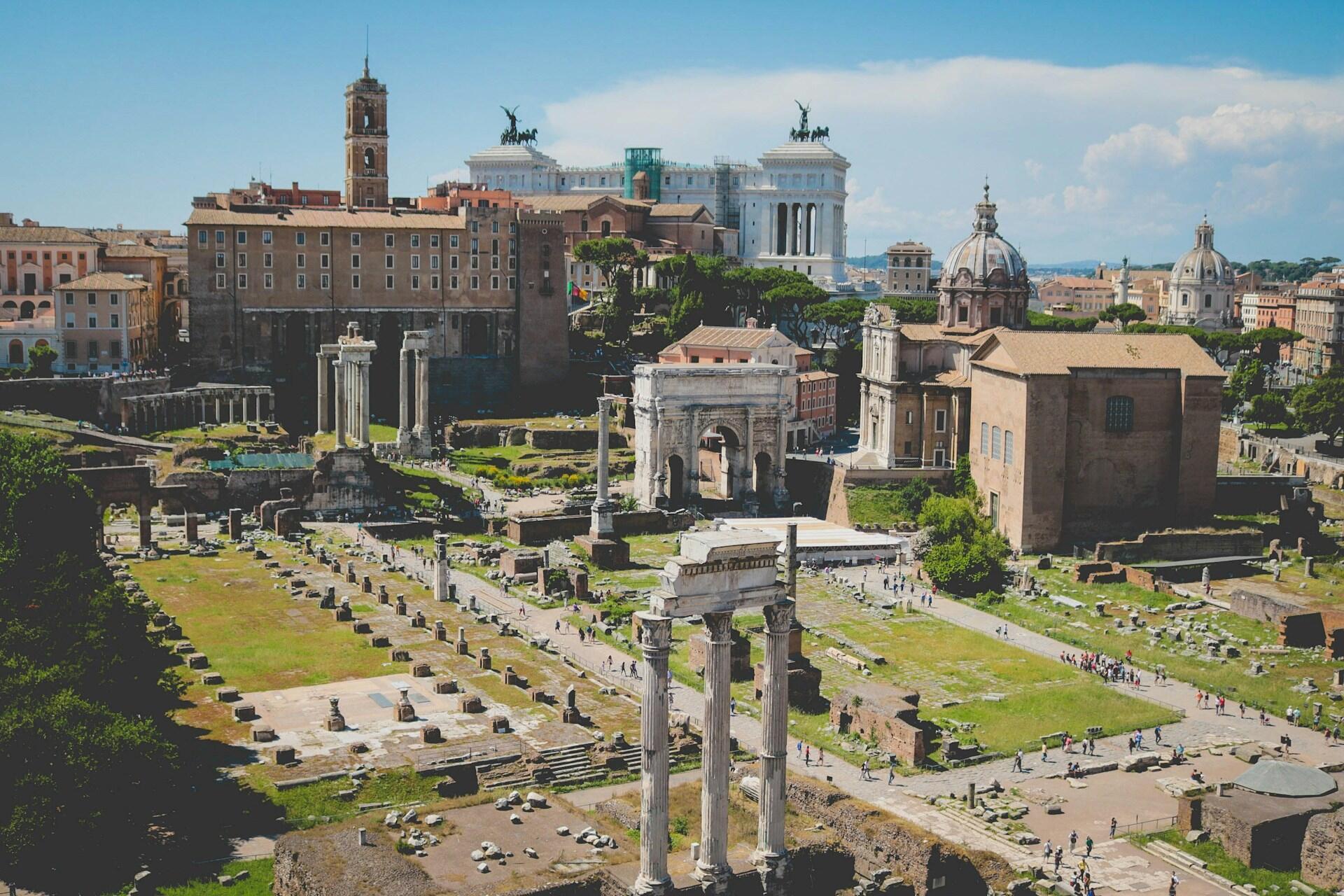
Inca Empire
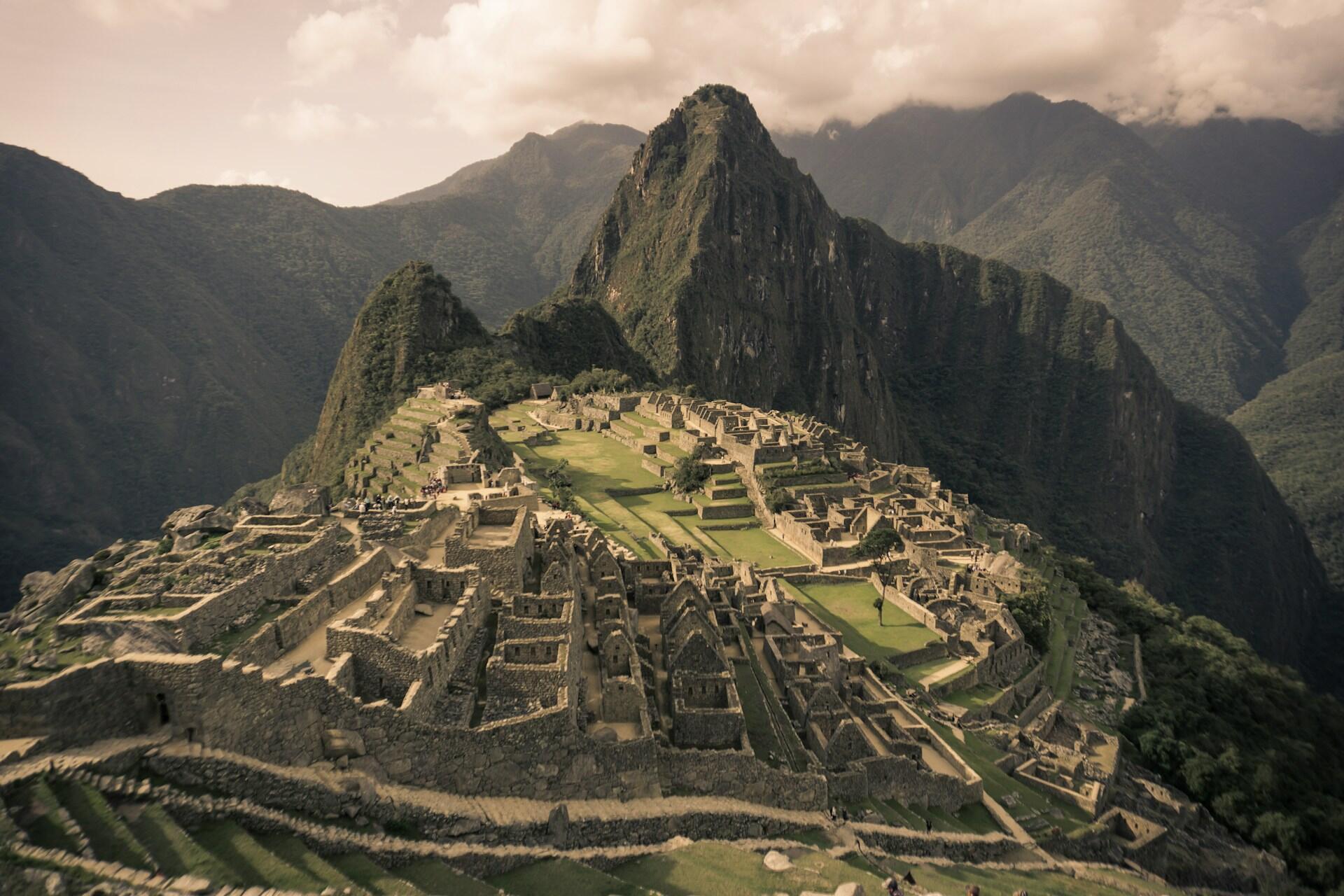
Persian Empire
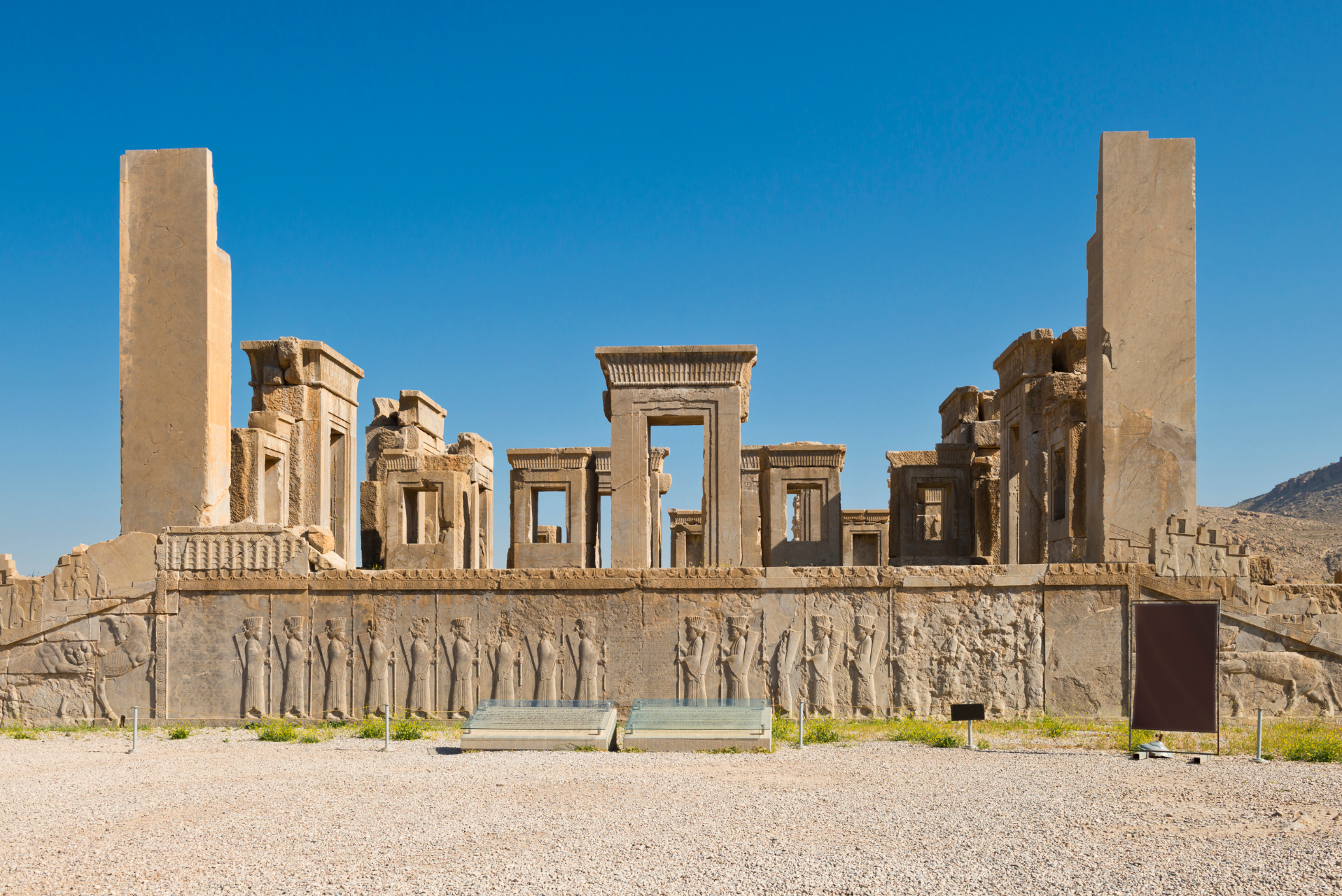
Other civilisations, such as the Phoenicians, Hittites and Indus Valley peoples, also played a key role in the cultural, commercial and political development of their regions and beyond.
The Legacy of Ancient Civilisations
The legacy of these civilisations lives on in many forms. From the languages we speak, based on ancient alphabets, to the architectural structures that continue to inspire modern engineers, the impact of these cultures is undeniable. Legal systems, forms of government and artistic expressions are testimony to the human ingenuity that flourished in ancient times.
Moreover, many recent discoveries have revealed new aspects of these civilisations, showing us that there is still much to learn.
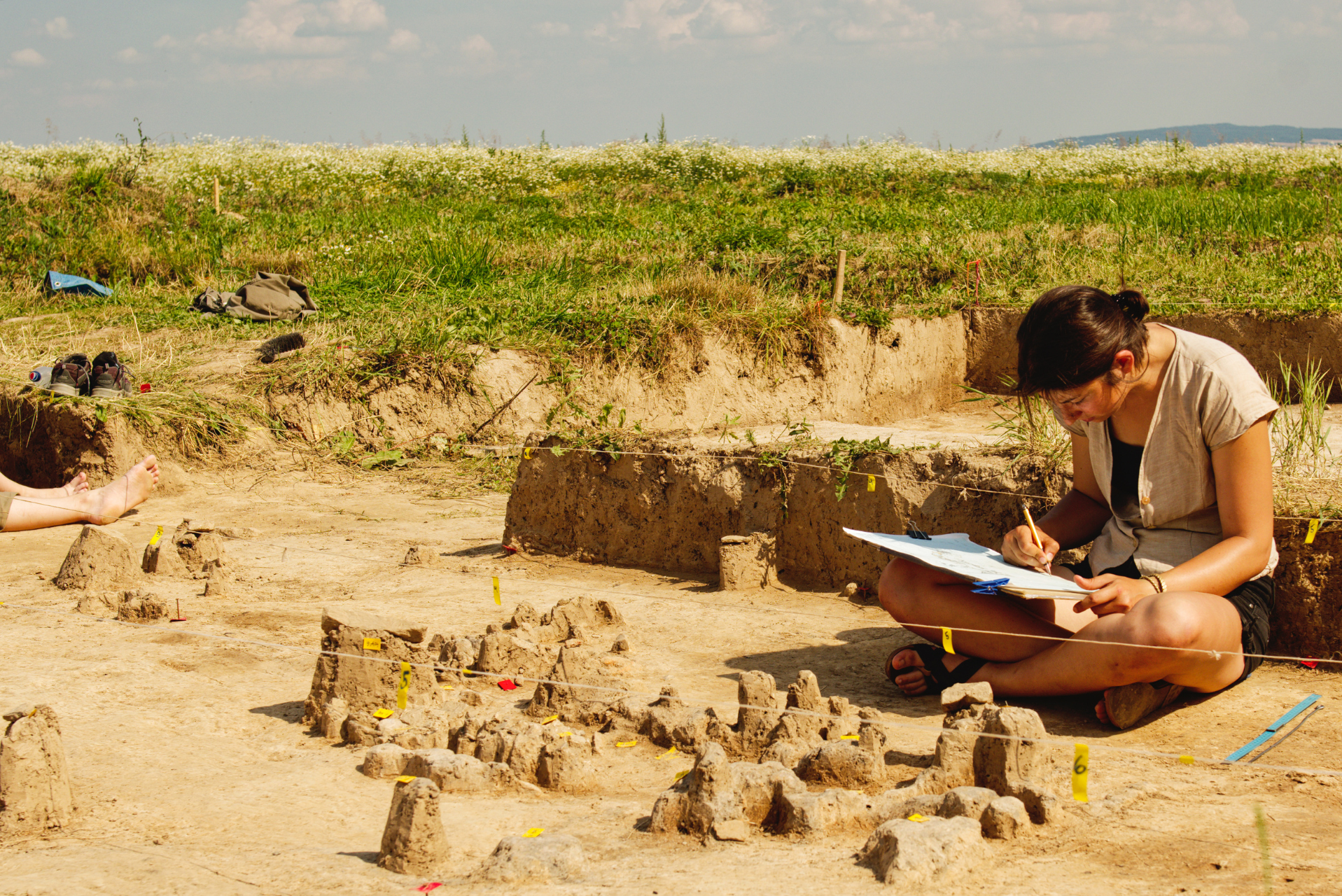
Studying ancient civilisations is a way to connect with our common past and better understand the present. It reminds us that, although the world has changed dramatically, many of the fundamental questions about life, society and the universe remain the same. Exploring their achievements and mistakes is a learning opportunity that invites us to reflect on the future we want to build.
What legacy will our civilisation leave for future generations and how will we be remembered by those who study our history a thousand years from now?
It is interesting to think about which elements of our technology, culture and social systems will endure, and which might disappear or be transformed over time.
Summarise with AI:

